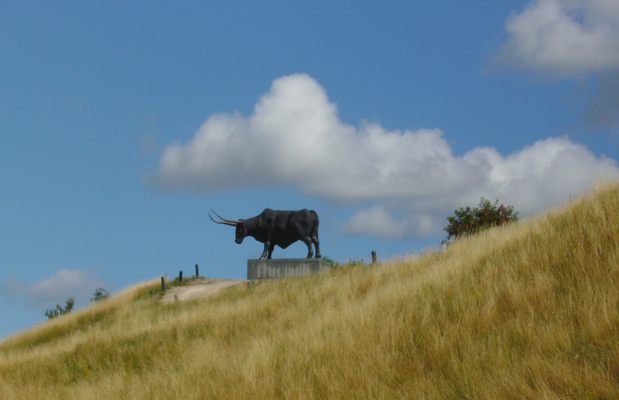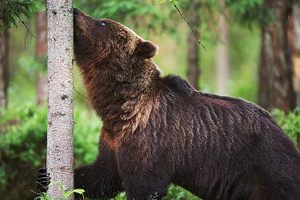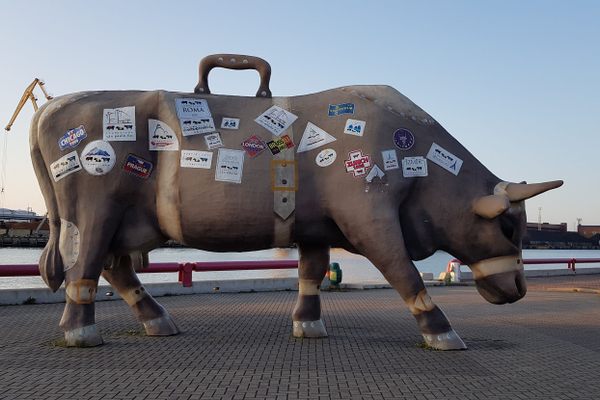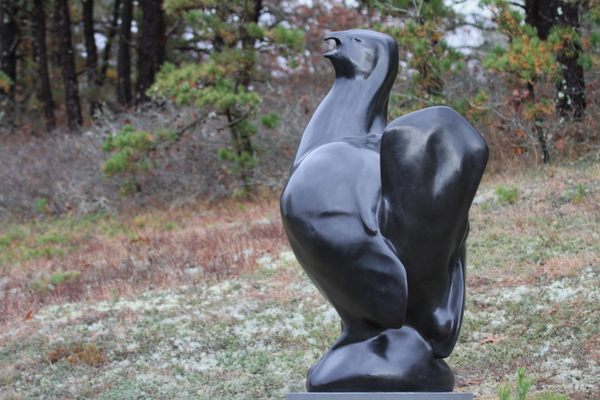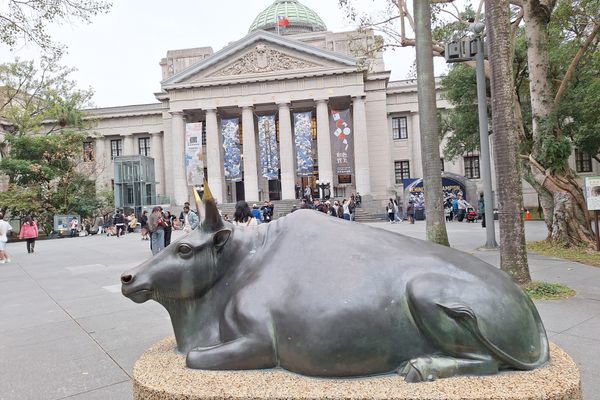About
Up until the 17th century, aurochs, a species of large, wild cattle, roamed the European countryside. But hunting and a loss of habitat eventually led to the species demise. In 1627, the last known wild aurochs was found dead in Poland. Now, statues such as this serve as reminders of their existence.
Aurochs are an ancient symbol of the town Rakvere (the old name of this area, Tarvanpää, comes from the local word for aurochs, tarvas). The sculpture debuted in 2002 to mark the 700-year anniversary of Rakvere receiving its city rights.
The statue is 23 feet long, 13 feet high and weighs about 7.7 tons. The distance between the horns is about 11 feet. The artwork is considered to be the largest animal statue in the Baltic countries, and is likely the biggest aurochs statue in the world.
Sculptor Tauno Kango recreated this animal based on old images, and specialists say that he has obtained a remarkable resemblance to the appearance of how these animals once looked. The statue is located next to the old Order Castle, giving you a glimpse of what it may have looked like in medieval times, back when aurochs once wandered freely around the area.
Related Tags
Know Before You Go
You can walk by the statue at any time. Please do not attempt to climb on it.
Published
May 20, 2019

